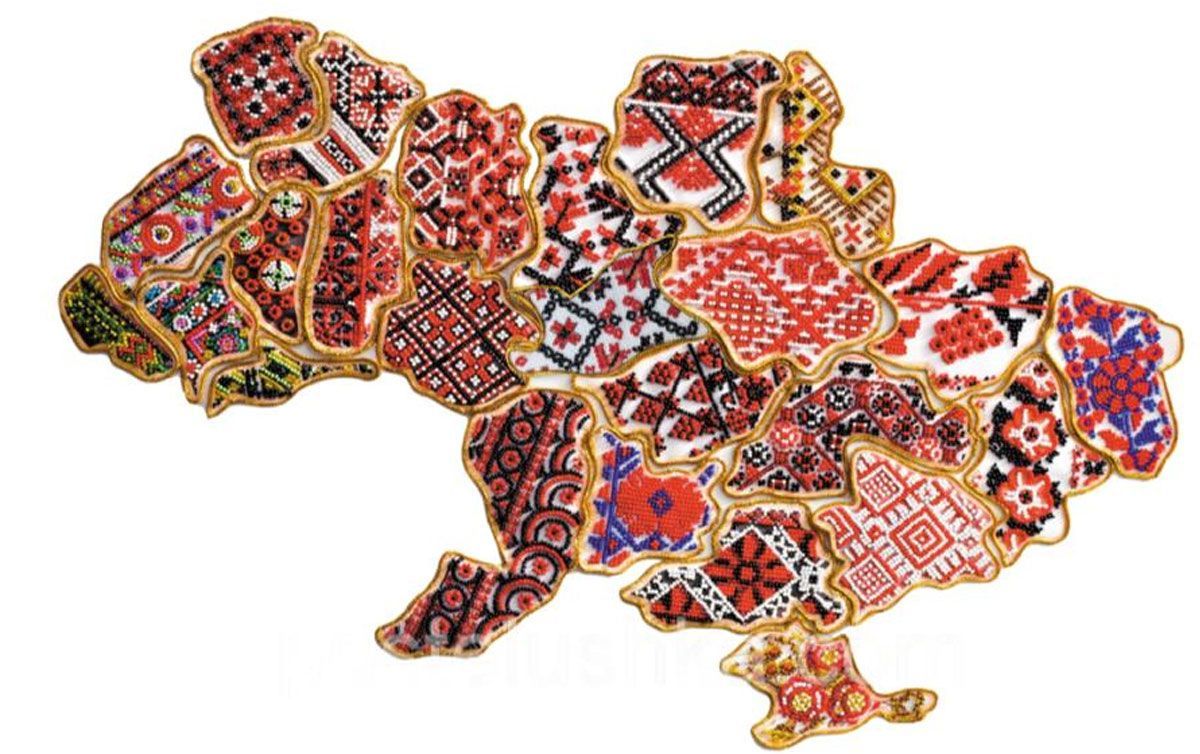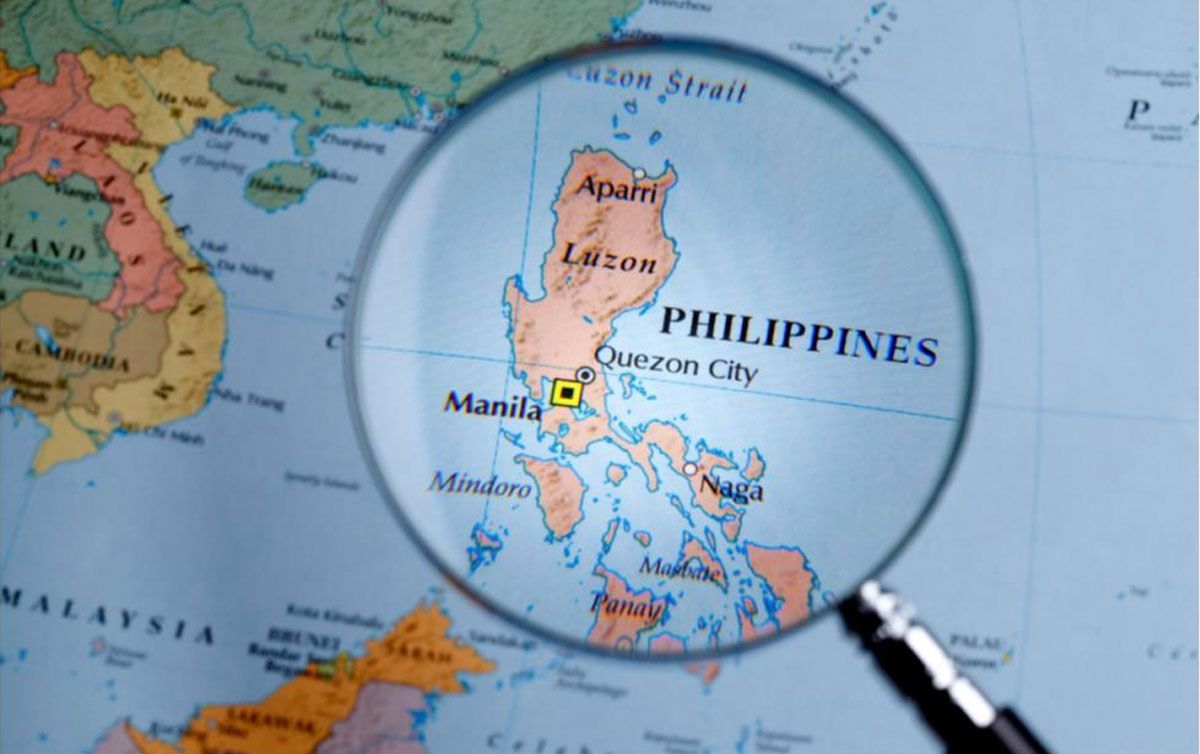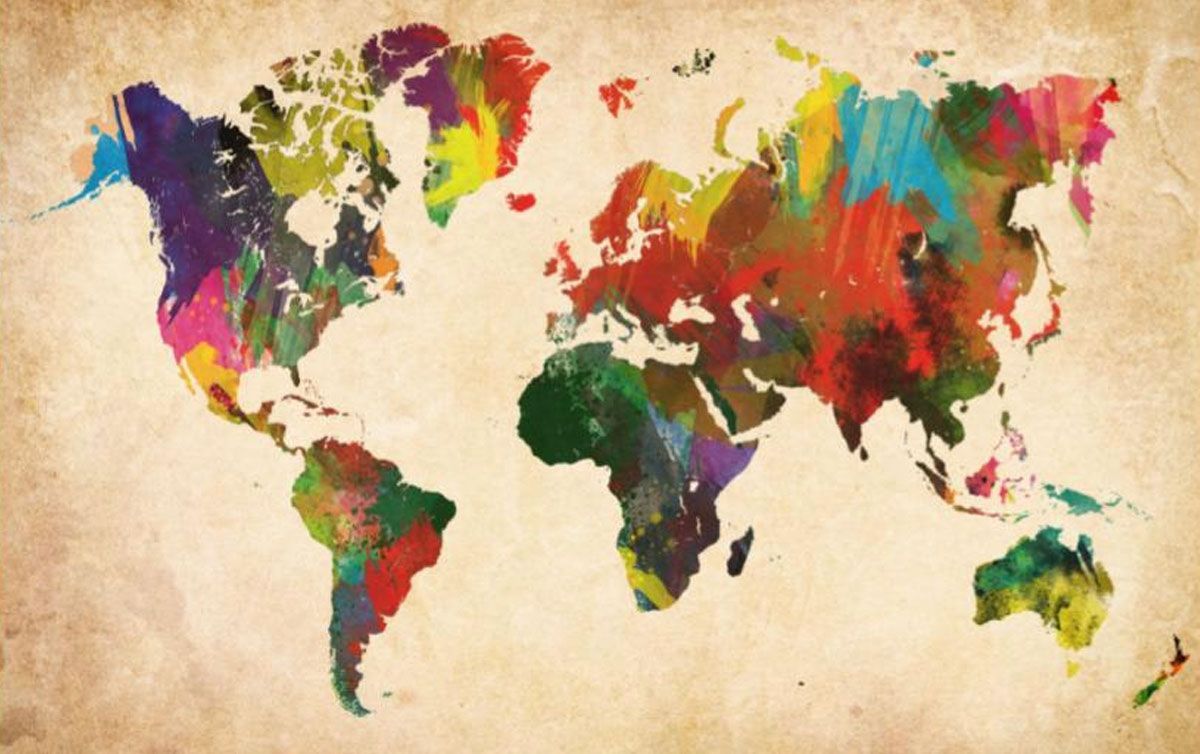
From Everywhere to Eurasia with SEND
By a SEND missionary in Eurasia
If you close your eyes and try to picture a map of the world, you might see, in your mind’s eye, the continents of the world, the giant land masses of Asia, Africa, South America, and so on. Or maybe you can visualize a few big countries like China, Nigeria, Ukraine, India, Brazil, or France. But can your mind’s eye picture the complex interconnection of multiple cultures, peoples, and languages that make up hundreds of local communities all over the globe? What a swirling interwoven masterpiece that is! These culturally complex communities and people movements are global realities that our God sees, and that He can use for His glory.

Even in our globally-connected world, our modern eyes often cannot see the many different ethnic groups, multi-cultural societies, or people migrations that exist in hundreds of “dots” on the map all around the world. But this reality is most people’s lived experience on earth, and an experience that God is already using to build gospel bridges to places and peoples that are hard to reach with the Good News of Jesus.
This is the movement of God’s Spirit to bring the Good News of Jesus to every tongue, tribe, and nation. SEND Eurasia seeks to participate in God’s movement to send His people from hundreds of points on the globe to hundreds of culturally and linguistically complex, local points full of people He loves.
When God Called Grace
This miraculous movement of people can be seen in the story of our very own SEND teammate, Grace P. Grace’s story demonstrates this extraordinary wisdom of God in leading His people from everywhere to everywhere for His glory.
Grace comes from Quezon City, Metro Manila in the Philippines. Her story begins right in her own community. She began walking with Jesus as her Savior on May 16, 1985, when she was 15 years old. As she grew in her understanding of Jesus and His love for her, Grace’s heart to serve grew as well, and she began to serve His people through music ministry, Sunday school teaching, and in many other ways. Grace also grew in her desire and skill in sharing the gospel and got involved in the evangelistic outreach of her church.

Every story starts right where a person finds themselves. But Jesus always grows His children to move beyond their comfort zone. Grace soon had opportunities while she was working, after university, to minister on short-term, cross-cultural trips. Then, God took Grace to a different part of her own country, to the southern island of Mindanao. There she encountered people of a very different faith, and there she was challenged to follow God deeper into the nations, even farther away.
Grace Responds to God’s Calling
That experience was almost 20 years ago for Grace. Since then, God opened doors for Grace to receive more ministry and vocational training. God led Grace from a less-focused calling to a specific burden and a specific path to serve in His harvest in Central Asia. He never gave her more than a few new steps at a time, and there were challenges, reversals, and moments of stalling along the way. But she now looks back at almost ten years of adaptation, of language learning, and of relational ministry with people she loves because God first loved her, and first loved them.
God has given Grace some foundational gifts which bless her and help her bless others. She sees her own Filipino cultural heritage as a gift from God which has helped her to connect with Central Asian people, who often feel a connection to her culturally. She sees the Word of God as deep daily nourishment that she truly lives on. And she sees along the way, that God has given her mentors, trainers, senders, and teammates who have also shaped and strengthened her.
From everywhere to everywhere is not a movement of only one lone person. It is a community movement. From the beginning, the church was an intercultural team movement:
1 Now Barnabas, Simeon called Niger, Lucius from Cyrene, Manaen, who grew up with Herod the tetrarch, and Saul were prophets and teachers in the church at Antioch. 2 While they were worshiping the Lord and fasting, the Holy Spirit said, “Set Barnabas and Saul apart for me to do the work for which I called them.” 3 Then they fasted and prayed, laid their hands on them, and let them go. 4 After they had been sent out by the Holy Spirit, they went to Seleucia and from there sailed to Cyprus. 5 Arriving in Salamis, they began to preach God’s word in the Jewish synagogues. They also had John to help them (Acts 13:1-5).
Do a little geographical digging and you’ll find that these saints came from very different local communities. Why would God throw together such a motley crew? How were they able to serve in unity?
Short answer?
It brings Him glory when His people live with one another in a way completely contrary to the world around them, and He gives us what we need.
14 For it is he who is our peace. Through his mortality he made both groups one by tearing down the wall of hostility that divided them. 15 He rendered the Law inoperative, along with its commandments and regulations, thus creating in himself one new humanity from the two, thereby making peace, 16 and reconciling both groups to God in one body through the cross, on which he eliminated the hostility. 17 He came and proclaimed peace for you who were far away and for you who were near. 18 For through him, both of us have access to the Father by one Spirit. 19 That is why you are no longer strangers and foreigners but fellow citizens with the saints and members of God’s household, 20 having been built on the foundation of the apostles and prophets, the Messiah Jesus himself being the cornerstone. 21 In union with him the whole building is joined together and rises into a holy sanctuary for the Lord. 22 You, too, are being built in him, along with the others, into a place for God’s Spirit to dwell (Ephesians 2:14-22).
What a privilege to come together from everywhere to serve everywhere people need Jesus, and to go together where the Gospel hasn’t yet gone.
Grace’s team in Central Asia is just one of our SEND Eurasia teams looking for more teammates. We are praying for Jesus followers called from everywhere to serve in the masterpiece of multi-cultural communities one finds in Eurasia.
Additional Posts




